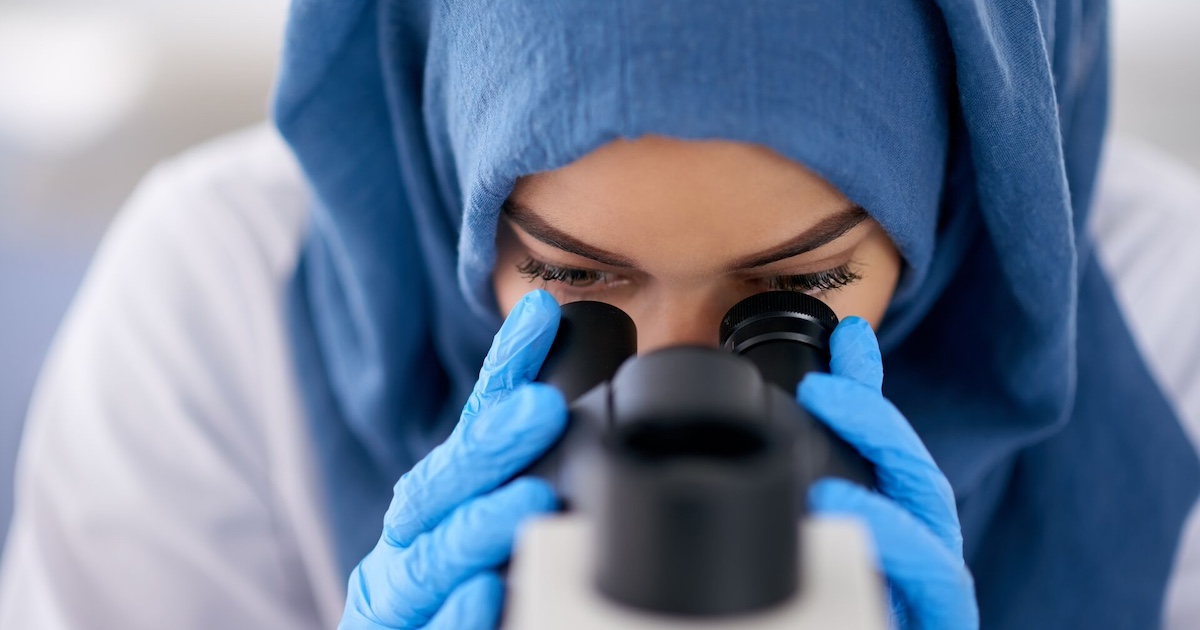Hologic AI-powered cancer screening system wins FDA approval
09 Feb 2024
Diagnostic Reagents

Preview
Source: mobihealthnews
Photo: Tassii/Getty Images
Medical technology firm Hologic has been granted clearance from the FDA to market its Genius Digital Diagnostics System, powered by the company's Genius Cervical AI algorithm.
The digital cytology system–a medical diagnostic tool used to examine cells under a microscope to detect abnormalities or diseases–integrates deep learning-based AI with advanced volumetric imaging technology to aid in detecting precancerous lesions and cervical cancer cells.
Its commercial launch is expected later this year. Its technology is already available in Europe, Australia and New Zealand.
Cervical cancer screenings typically involve a Pap test, where cervical cell samples are collected at an OB-GYN office and sent to a lab for analysis on glass slides.
By digitizing glass slides for analysis through the AI algorithm, the company says the system can enhance sensitivity without compromising specificity and facilitating more timely and effective treatment decisions.
The company claims the system reduces false negatives by 28% for high-grade squamous intraepithelial and more severe lesions compared to traditional microscopic review.
Hologic also touted the system benefits healthcare professionals by enabling remote case review and harnessing the expertise of geographically dispersed experts.
The system is scalable to meet evolving laboratory needs and includes a digital imager for image acquisition, the Genius Cervical AI algorithm for analysis, an image management server for storage, and the Genius Review Station for case review.
THE LARGER TREND
Recent data from the American Cancer Society predicts there will be 13,820 new cases of invasive cervical cancer and approximately 4,360 related deaths in the U.S. in 2024, and effective prevention and treatment are critically dependent on early detection of the disease.
Integrating AI and machine learning technologies into healthcare applications and devices continues to offer promising benefits for everything from diabetes management to predicting the accumulation of the major Alzheimer's biomarker amyloid-beta protein.
AI is also being leveraged by Absci and pharma giant AstraZeneca to power research into cancer drug candidates.
As funding for AI-powered healthcare solutions gathers additional steam in 2024, regulators—and the industry—are wrestling with how to fashion regulations and rules guiding the use of the technology in healthcare.
During the HIMSS AI in Healthcare Forum held in San Diego in December 2023, a panel of experts delineated practical strategies for embracing and investing in AI.
Panelists discussed methodologies for optimizing the efficacy of AI initiatives and deliberated on the critical considerations involved in choosing between adopting pre-existing AI solutions or developing new AI infrastructure.
For more details,please visit the original website
The content of the article does not represent any opinions of Synapse and its affiliated companies. If there is any copyright infringement or error, please contact us, and we will deal with it within 24 hours.
Organizations
Indications
Targets
-Drugs
-Hot reports
Get started for free today!
Accelerate Strategic R&D decision making with Synapse, PatSnap’s AI-powered Connected Innovation Intelligence Platform Built for Life Sciences Professionals.
Start your data trial now!
Synapse data is also accessible to external entities via APIs or data packages. Leverages most recent intelligence information, enabling fullest potential.





